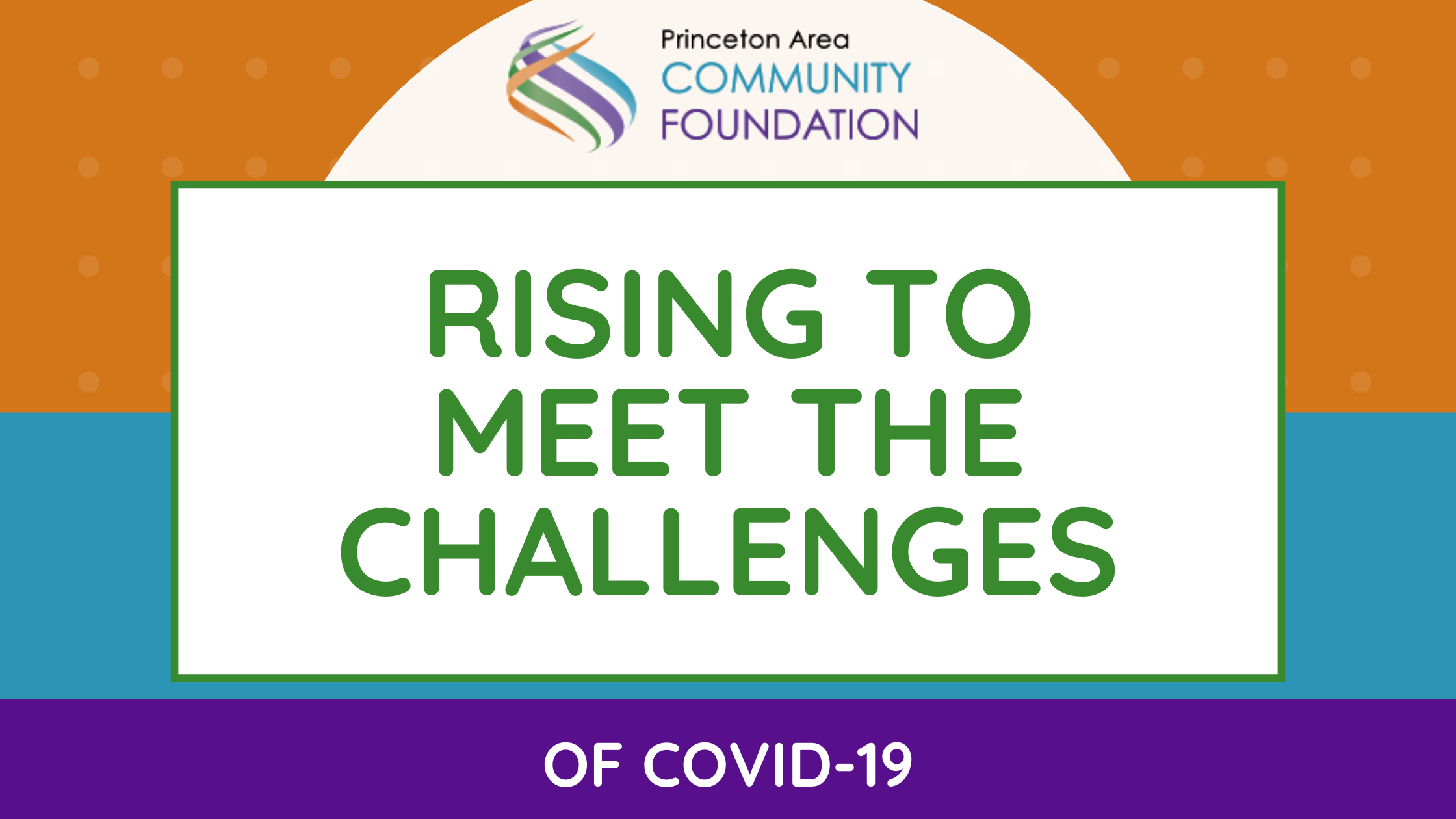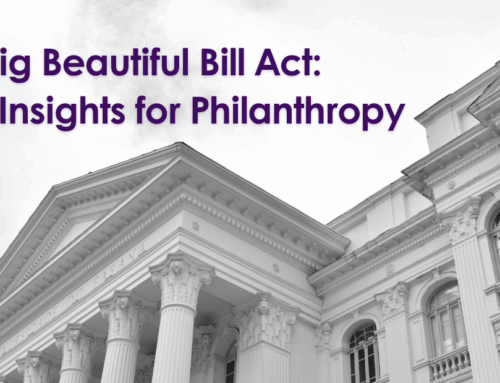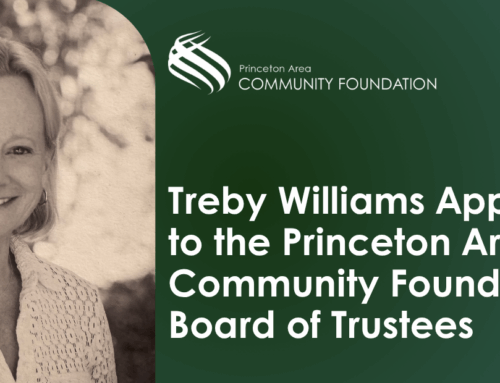COVID-19 and The Community
In New Jersey, as throughout the country, COVID-19 has amplified existing inequities.
The Community Foundation service area includes diverse communities with different needs, including Trenton, where 40% of all children lived in poverty, even before the pandemic. In recent months, people throughout New Jersey have experienced food insecurity at a completely unprecedented level. Our neighbors are facing reduced or lost income, housing insecurity, health needs and childcare needs related to school closures. Racial health disparities are reflected in COVID-19 infection and death rates. Experts see a mental health crisis for both children and adults on the horizon. For children experiencing abuse or neglect, the effects of this crisis may echo for a lifetime.
The situation is evolving constantly, making it more challenging than ever to:
- Keep tabs on community needs
- Fully understand the scope and impact of government policies (for example, social distancing restrictions for different industries, or the temporary halt on evictions)
- Know what other financial resources are available to support both nonprofits and the people they serve
Throughout all of this, nonprofits are under pressure to quickly reimagine service delivery while providing services at the same time, as is the case for educators shifting to distance learning or community health workers helping pregnant women navigate prenatal care via video chat. Even high-capacity nonprofits are vulnerable to economic shifts of this magnitude. At the same time, some nonprofit staff are experiencing trauma – sometimes vicariously through their clients, students or patients, or directly as community members.
____
This post was developed by Ann Ritter, consultant to The Burke Foundation. It is based on a series of interviews conducted with leaders involved in the creation and launch of the COVID-19 Relief and Recovery Fund.






